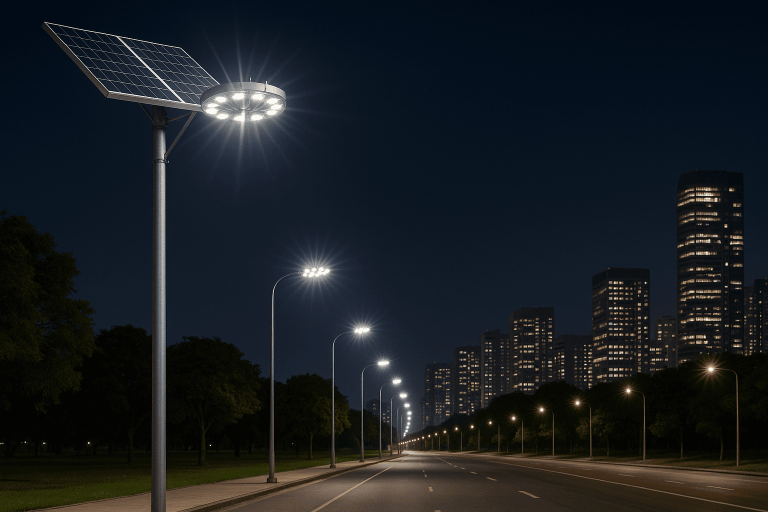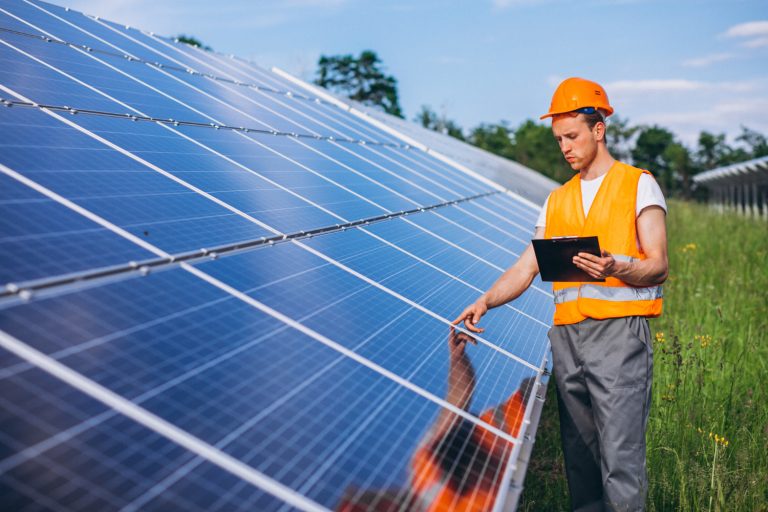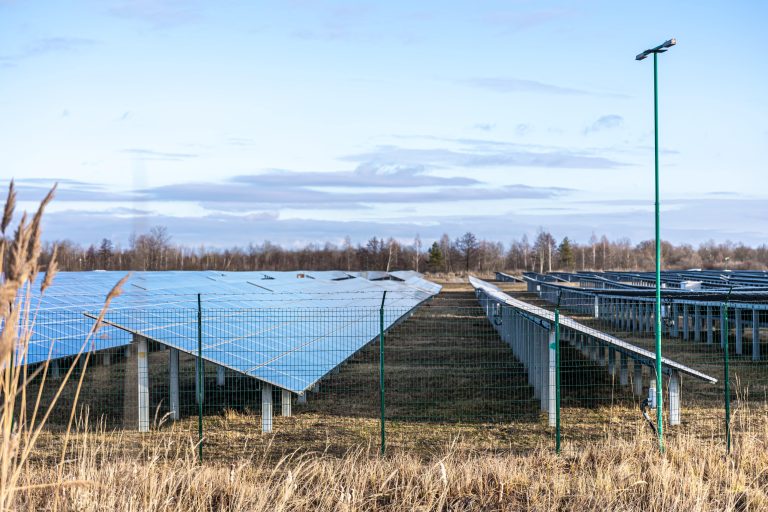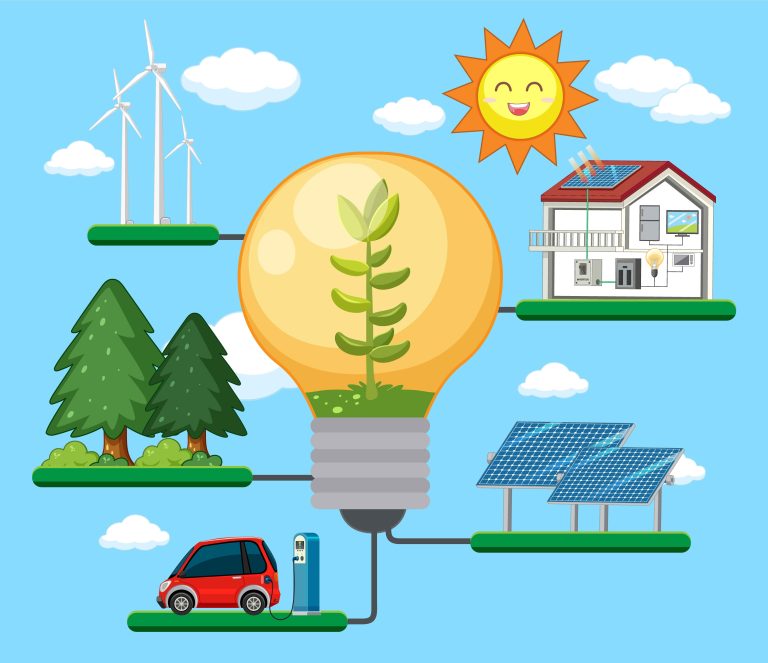Investing in solar panels is a significant financial commitment while having efficient solar panels to convert a greater amount of sunlight into electricity, maximizing the energy production of your system. By maximizing the efficiency of your system, you can optimize the return on your investment by generating more electricity over the lifetime of the panels.Effective maintenance and optimization of your solar panel system can help prevent issues such as shading, damage, or component failures that could impact performance.
- Clean the panels regularly by removing Dust, dirt, and debris which can accumulate on solar panels over time, reducing their efficiency. Regularly clean your solar panels with water and a soft brush or sponge to remove any buildup and avoid using abrasive materials or harsh chemicals.
- Keep an eye on your solar panels and monitor for shading to ensure they are not covered by trees, buildings, or other obstructions. Even partial shading can significantly reduce solar panel performance. Trim trees and bushes that cast shadows on your panels and maximize sun exposure.
- Periodically inspect your solar panels for any signs of damage, such as cracks, chips, or discoloration. Damage can compromise panel performance and should be addressed promptly. Contact your solar panel provider or a professional technician for repairs if needed.
- Birds may build nests under or around solar panels, leading to potential damage and reduced efficiency. Regularly inspect panels for signs of bird nests or debris accumulation, and take appropriate measures by installing bird spikes etc.
- The inverter is a critical component of your solar panel system that converts DC electricity generated by the panels into AC electricity usable in your home. Monitor your inverter regularly to ensure it is functioning properly.
- Adequate airflow around solar panels is essential for optimal performance and longevity. Ensure that there is sufficient clearance between panels and the roof to allow for ventilation. Avoid installing panels too close together or in areas with poor airflow.
- Consider scheduling annual or bi-annual inspections by professional technicians to assess the overall condition and performance of your solar panel system. This can help identify any potential issues early on and ensure that your system continues to operate efficiently.
- Keep detailed records of your solar panel system’s performance, including energy production data and any maintenance or repairs conducted. Monitoring performance over time can help you identify trends and potential issues, allowing for proactive maintenance and optimization.
- Update the software including performance improvements or bug fixes to enhance the efficiency. If your solar panel system includes monitoring software or firmware, ensure that it is up to date with the latest updates and patches.
Ultimately you need to save on energy cost and reduce environmental footprint by following these tips and staying proactive about maintenance to you can maximize the efficiency and effectiveness of your solar panel system. Overall, ensuring that your solar panel system is effective and efficient is essential for maximizing energy production, optimizing financial returns, reducing environmental impact, enhancing reliability, meeting energy needs, and qualifying for incentives. You can reap the full benefits of solar energy by investing in regular maintenance, monitoring, and optimization.






